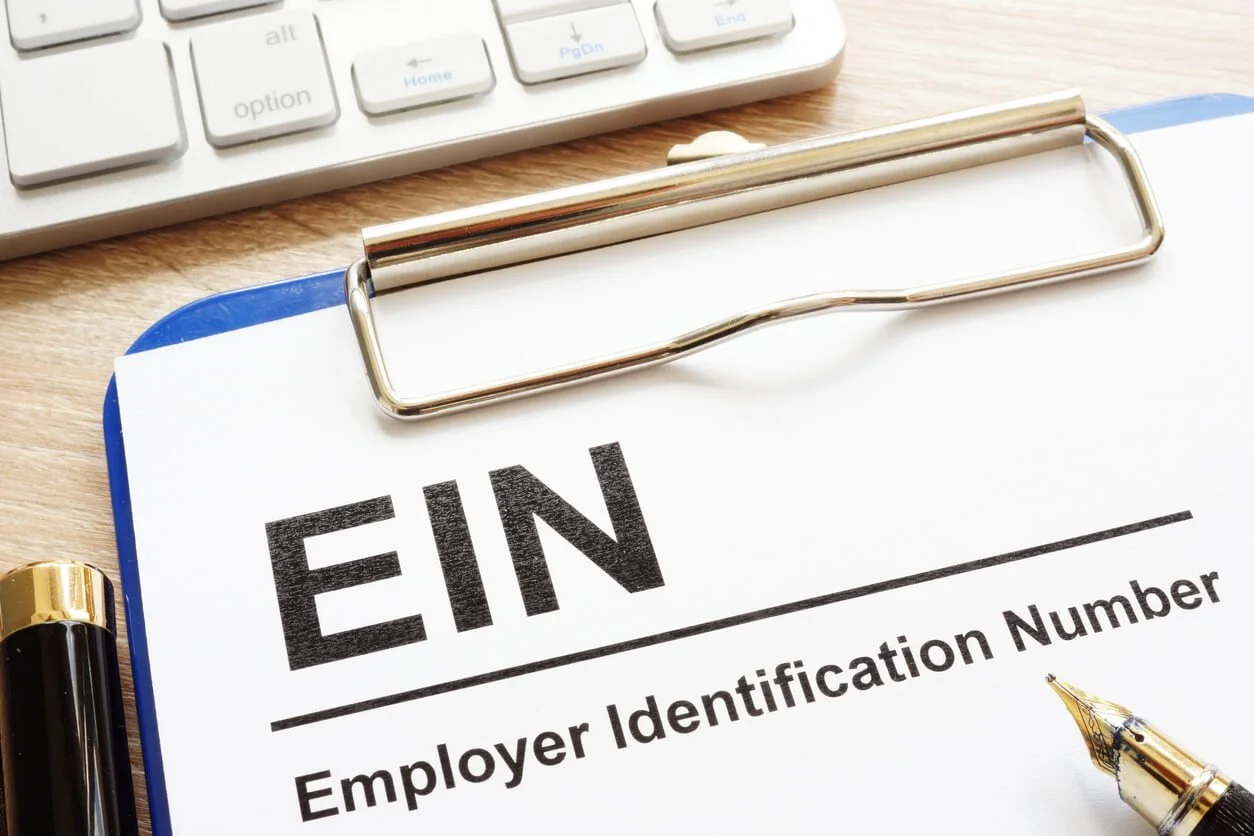How to Get a Business License in Texas
Discover > Truly Texan > How to Get a Business License in Texas
Getting a Texas business license can be a confusing and daunting process if you don't know where to start. And, on top of all the requirements, are all the policies that you have to familiarize yourself with [which will depend on the type of business you're going to run]. But, this is a mere bump on your long and [hopefully] fruitful journey to being a successful Texas entrepreneur.
In this step-by-step guide, we'll walk you through every step of getting your business license in the state of Texas. This means that business activities, whatever their size and nature, should always go through the proper regulatory agency for licensing and registration.
Choose Your Business Structure
In terms of the manner of running and conducting business, an integral part of any successful business is a solid business structure. As part of planning for, as an example, a cottage food business The most popular options for small businesses in Texas include sole proprietorships, partnerships, limited liability companies (LLCs), corporations, and professional associations.
Sole Proprietorships
Sole Proprietorship is the simplest and least expensive form of ownership in which one person owns all of the business assets and assumes all responsibilities.
It is easy to set up and manage, but it has its drawbacks as well; since there’s no separation between the owner and the business, any debts or liabilities incurred to conduct business could be attached directly to the owner.
Partnerships
A Partnership is a type of business structure in which two or more people work together to share profits and losses. In this type of business, each partner has an equal stake in the success or failure of business activities of the business.
While partnerships offer more flexibility than sole proprietorships, they still require all partners to be personally liable for any debts or liabilities incurred by the business.
Limited Liability Company
Limited Liability Companies are hybrid structures that combine the best elements of a sole proprietorship and a corporation.
An LLC is designed to provide a business that licenses its owners with limited liability protection, allowing them to avoid personal liability for debts or liabilities incurred by the business. In Texas, an LLC can be formed by filing Articles of Organization with the Secretary of State.
Corporation
A Corporation is another type of business structure that is typically more complex than small business administration, a sole proprietorship, or a partnership.
Corporations in Texas must be registered with the Secretary of State, and they are subject to more regulations than other business structures.
Professional Associations
Finally, Professional Associations are organizations formed by professionals such as doctors, lawyers, architects, and engineers.
These associations operate like corporations but have less stringent regulations and rules.
Get an Employer Identification Number
If you're starting a business in Texas, you'll need to obtain an employer identification number (EIN) from the Internal Revenue Service (IRS). An EIN is also known as a federal tax identification number, and it's used by the federal government to identify a business entity.
You can apply for an EIN online, by mail, or by phone. All you need is your name, address, date of birth, and Social Security number to apply. To apply online, visit the IRS website and complete the necessary forms.
It's important to note that getting an EIN does not create a legal business entity; it is simply a federal license that allows you to file taxes as a business. If you want to create a legal business entity such as an LLC, sole proprietorship, or corporation in Texas, you'll need to register with the Texas Secretary of State.
Once you have your EIN and complete the necessary paperwork with the state, it's time to start doing business. You can use your EIN for a variety of tasks including filing taxes, for federal business licenses, getting a business license, opening a bank account, and hiring employees. It's important to keep your EIN safe as it can be used to open fraudulent accounts in your name.
Register with State Agencies
Businesses in Texas must register with the Texas Secretary of State and applicable federal, state, and local government agencies. Registration is an important step for any business that wants to operate legally in Texas.
When registering with the Texas Secretary of State, businesses may have to submit documents such as Articles of Incorporation or a Certificate of Formation. Texas businesses must also register with the Internal Revenue Service (IRS) to obtain an Employer Identification Number (EIN). Additionally, Texas businesses may have to register with their local and/or state taxing authorities to pay taxes.
It is important for Texas businesses to understand the rules and regulations associated with each agency they plan to register with. Texas businesses may also need to understand the types of licenses and permits they will need depending on the type of business they plan to operate. Texas businesses should do extensive research ahead of time to be fully prepared for their registration process.
Overall, registering your Texas business with government agencies is an important step in ensuring that your business is operating legally in Texas. It's important to understand the process, paperwork, and regulations associated with registering your Texas business with government agencies before starting the registration process. Doing so will help ensure that you are compliant with all Texas laws and regulations.
Obtain Local Licenses and Permits
You'll also need to get any local other licenses required or permits that your business may need.
These can include health department permits, building and fire permits, zoning permits, and sign permits. Check with the local authorities to find out what is required for getting a business license in your area.
Get the Business License
Once you've gathered all of the necessary documents and information, you can apply for the business license. Depending on your type of business and location, this may be done in person at the local county clerk's city office or online through their website.
A Few More Things
If you've figured it out or are just about to, getting your own Texas business license is ultimately for you and your target market's peace of mind. This is a prime example of how the private sector and the government can work hand-in-hand, effectively cultivating well-diversified micro-economies on a community level.
But before you bury yourself in research online, there are a few things to remember when applying for a new business license in Texas.
You're Going to File Annual Reports
In Texas, businesses are required to file an annual report with the State which includes a summary of all financial transactions and sales tax due that took place during the year. This is an important step in getting a business license in Texas as failure to file can result in fines and other penalties.
Incurred Registration and Processing Fees
The Texas Department of Licensing and Regulation (TDLR) is responsible for setting and collecting the fees associated with business licensing in the state. Businesses are required to pay an application fee, which can range from $50 to $250 depending on the type of license and the size of their business. Business owners must also pay a registration fee and an annual renewal fee. These fees are typically based on the number of employees and the gross annual revenue generated by the business.
In addition to the initial application and registration fees, there may be other costs associated with getting a license in Texas. Business owners may need to pay for additional licenses or permits if they plan on selling alcohol or tobacco products, operating vehicles or heavy machinery, or engaging in certain activities that require additional oversight. Business owners may also need to take out insurance policies to protect their businesses from potential liabilities.
It’s important for business owners to research the licensing fees and any associated costs before starting a business in Texas. Failing to obtain the correct licenses can result in hefty fines or the loss of business privileges. Business owners should also be aware that fees may increase over time as regulations change.
Conclusion
By understanding the licensing requirements and associated costs, business owners can ensure that their businesses are compliant with all Texas laws and regulations. For example, certain guidelines for running specific businesses are imposed to protect the environmental quality of a given area. This is achieved through different regulatory agencies involved in promoting guidelines that benefit Texan consumers and entrepreneurs.
These legal boundaries imposed by the state of Texas will help businesses of varying sizes avoid any potential legal issues and allow them to focus on cultivating their businesses to thrive in the Lone Star State. The strict implementation of business registration by the State of Texas allows entrepreneurs to be protected by law or policies within their localities or beyond.












